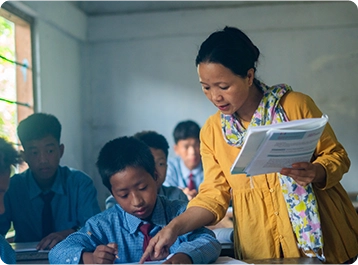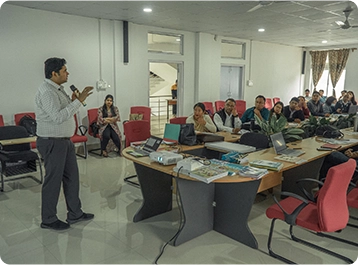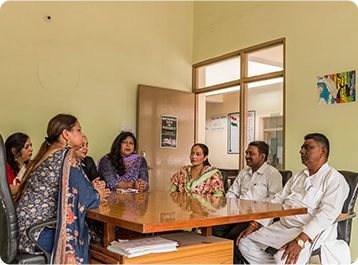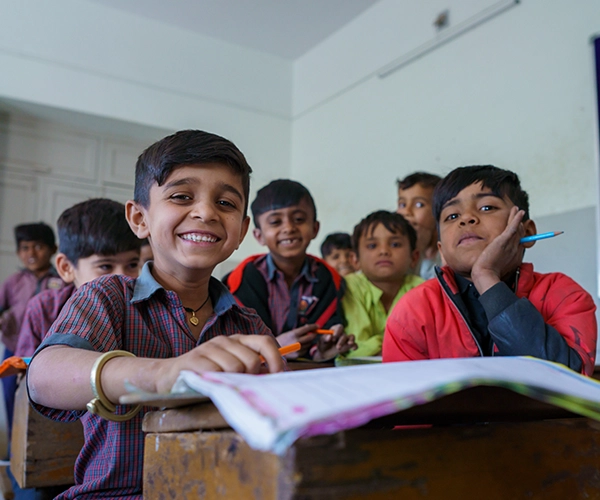
Our Approach
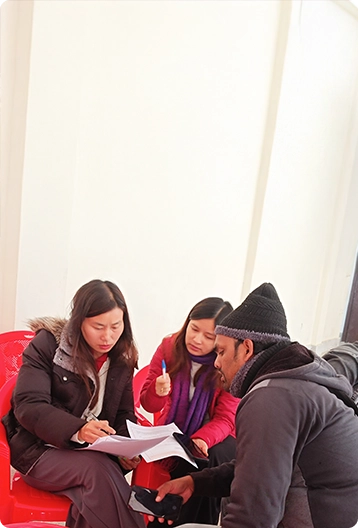
System
System
We engage with existing systems to strengthen processes and frameworks by co-creating designs and solutions with users of the solutions. This collaborative approach ensures ownership and drives meaningful change. Our agile, adaptable service offerings are easily contextualised and are ready to meet specific State/ user needs.
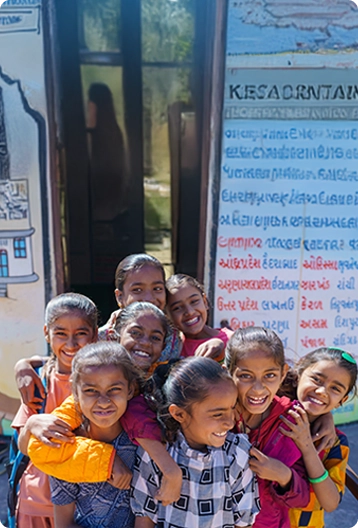
Scale
Scale
Our programmes are designed for scale, ensuring both wide and deep outreach. Through Memoranda of Understanding with Education Departments, we embed our staff within the system to be able to achieve scale by working within the system and reaching all government schools. This approach enables State-wide/ project-wide implementation of interventions. We strengthen implementation and outreach through comprehensive training for teachers, system actors and project staff.
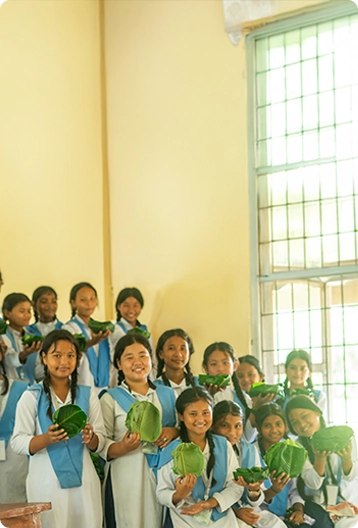
Sustainability
Sustainability
We work with Departmental functionaries through a process of ideation and ‘doing and learning’ collaboratively to embed processes, frameworks, and procedures within the system for long-term sustainability. By partnering with departments at all levels, we ensure that interventions become self-sustaining. Our approach includes creating multiple levels of supervision using existing resources, ensuring the longevity of our initiatives.
